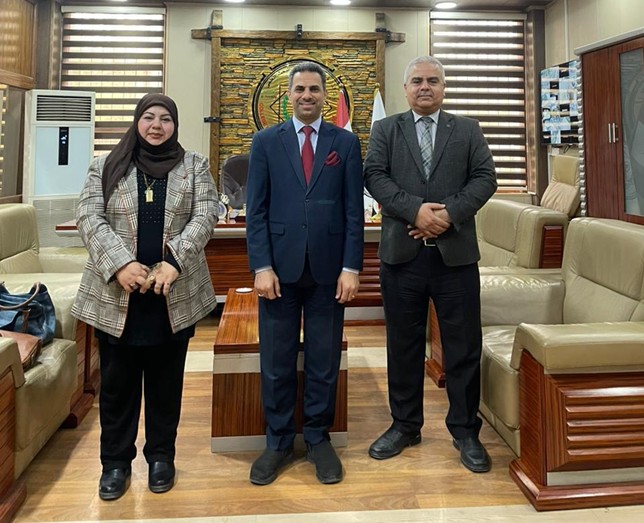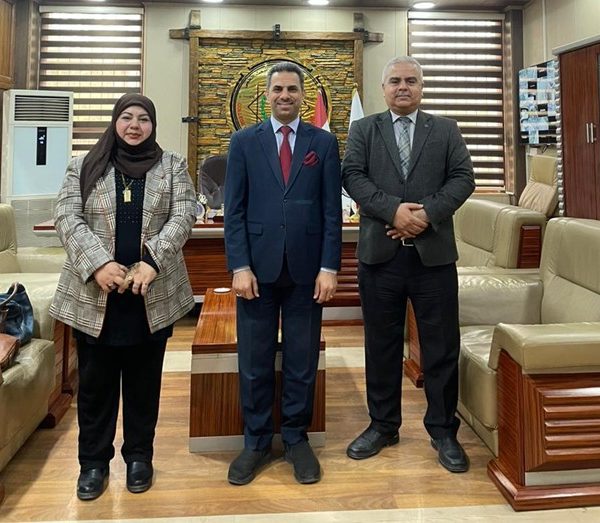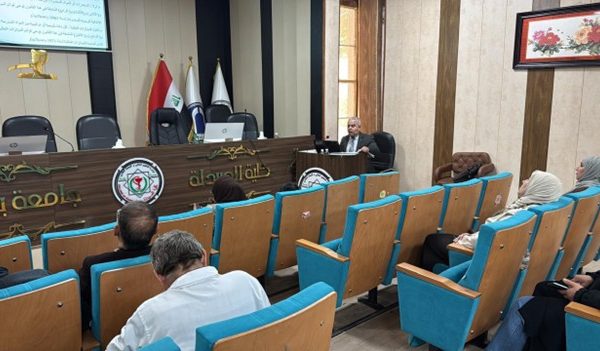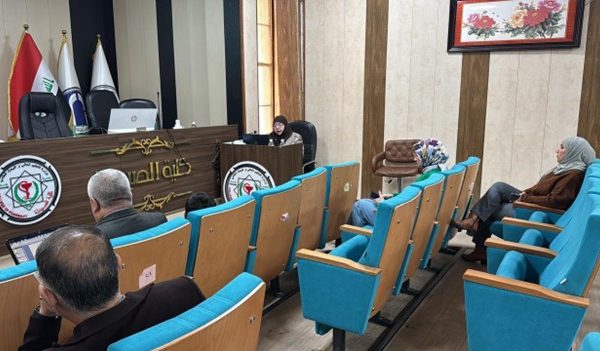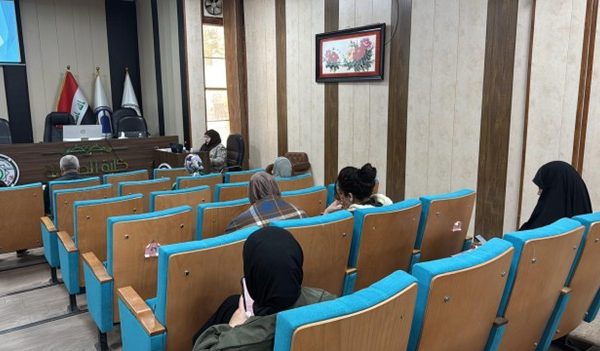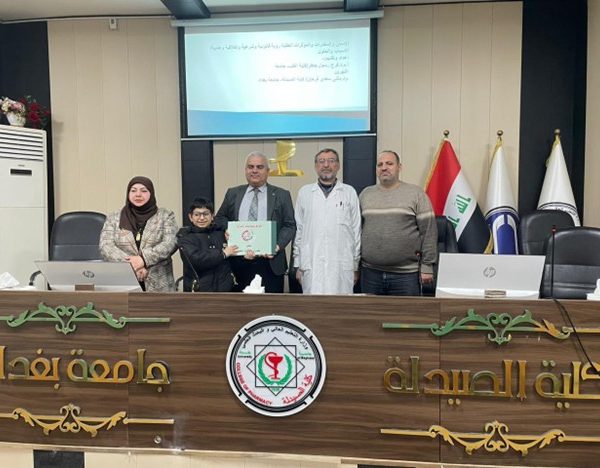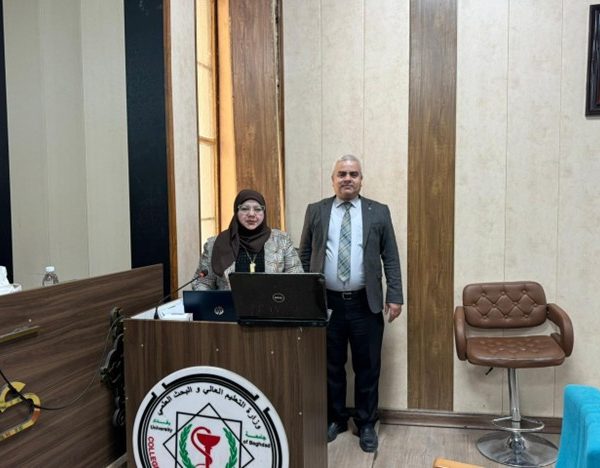Under the supervision of the Dean of the College of Pharmacy, Associate Professor Dr. Sarmed H. Kathem Alkhateeb, the Continuing Education Unit at the University of Baghdad/College of Pharmacy, held an in-person workshop entitled “Addiction, Drugs, and Psychoactive Substances: A Legal, Religious, Ethical, and Scientific Perspective – Causes and Solutions” delivered by Associate Professor Dr. Farrah Rasool Jaafar, a faculty member at the Pharmacology Department, College of Medicine, Al-Nahrain University, and Lecturer Dr. Muthanna Saadi Farhan, a faculty member at the Pharmaceutical Chemistry Department at our college.The workshop aimed to address the drug addiction problem, which is currently one of the largest challenges faced by countries worldwide, as they strive to combat it due to its significant harmful effects on health, social, economic, and security aspects. This issue is not limited to a specific type of drug, country, or social class.The workshop included several topics, including the general adverse effects of such drugs on the body, particularly on the nervous system, and the specific risks during pregnancy. It also highlighted the impacts of drug abuse on the individual, family, and society. Drug abuse leads to severe individual and societal consequences, including accidents, injuries, and even death, violations of others’ property, violence, and violations of human rights, which may escalate to rape or even murder. Addiction can also increase unemployment and homelessness among addicts and foster corruption in society due to the drug trade, further burdening both society and the state.Additionally, the attendees were educated about the symptoms of addiction and the appropriate preventive and treatment measures. Addiction treatment includes organizing therapeutic programs for patients, either in hospitals or outpatient clinics, providing counseling, and assisting them in resisting drug use. This is achieved through educational courses focused on supportive therapy and relapse prevention through individual, group, or family therapy sessions. Seeking advice from a mental health counselor or psychiatrist, either individually or with family, can also help resist the temptation of drug addiction and prevent relapse.The workshop concluded that the harms of drugs are not confined to their negative impact on individual health and the immediate environment, but extend to society as a whole, affecting various economic, social, and security aspects; emphasizing the urgent need to address and prevent drug addiction.


